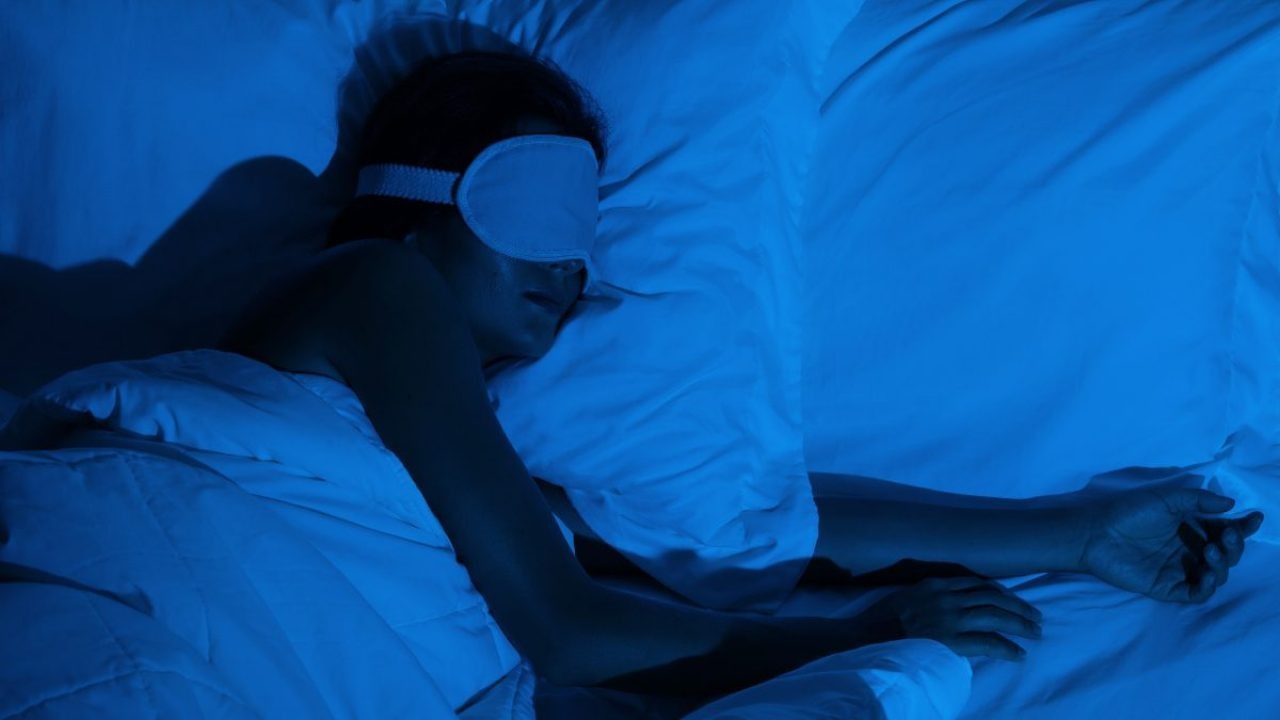
Follow WOWNEWS 24x7 on:

In a compelling new study, the sleeping habits and challenges faced by millions of Indians have been mapped out in 15 insightful charts, painting a detailed picture of the country’s ongoing sleep crisis. This visual exploration reveals how modern lifestyles, late bedtimes, digital distractions, and stress have profoundly impacted the quality and quantity of sleep for a large segment of the population.
Key Insights From The Nationwide Sleep Study
A majority of Indians are sleeping less than the recommended duration, with 59% reporting fewer than six hours of uninterrupted sleep.
Over half of the population experiences sleep-related issues when they do not follow a consistent bedtime routine.
Late bedtimes are rampant, with 58% regularly going to bed past 11 p.m., which exceeds the ideal sleep start time.
Morning fatigue is widespread: 44% of people wake up feeling unrefreshed, indicating poor sleep quality.
Stress and worry keep around 35% awake during the night, worsening sleep disturbances.
Mapping The Changing Sleep Patterns Across Cities And Regions
One of the study’s revealing aspects is its granular look at how sleep habits vary regionally:
Cities like Kolkata show the highest percentage (nearly 73%) of late sleepers who hit the bed after 11 p.m., while Chennai and Hyderabad report comparatively lower late bedtime figures, around 55%.
Gender differences are evident as well; more women than men tend to sleep late and report waking up multiple times during the night.
Urban areas especially are seeing amplified digital distractions before bedtime, contributing to disrupted sleep cycles.
The Role Of Technology And Bedtime Routines In Sleep Quality
Digital device usage before bedtime emerged as a critical factor influencing sleep quality among Indians:
84% of respondents admitted to using their smartphones right before sleeping, with activities like binge-watching and scrolling through social media dominating bedtime routines.
The age group of 25 to 30 years shows the highest levels of phone use before sleep.
Interestingly, about 52% of Indians are beginning to leverage voice assistants such as Alexa to set up consistent sleep routines, reflecting a growing trend of tech-assisted wellness habits.
Regular bedtime behavior improves sleep quality, with 54% reporting noticeable benefits when following structured sleep routines.
Alarm Bells On Health Implications Of Sleep Deficiency
The ramifications of India’s bedtime woes extend beyond just feeling tired:
Poor sleep quality is linked with mental health issues including anxiety and depression, as well as physical ailments like obesity, cardiovascular diseases, and impaired immune function.
The study highlights how extended late-night wakefulness due to stress or digital distractions exacerbates these risks.
Daytime sleepiness and reduced productivity are common complaints, indicating broader societal and economic impacts.
What The Study Suggests For Better Sleep Hygiene
The charts offer guiding insights into improving India’s overall sleep health through actionable steps:
Establishing and adhering to consistent sleep schedules is vital to better sleep and waking refreshed.
Limiting screen time and digital exposure at least one hour before bed can significantly enhance sleep quality.
Incorporating relaxation techniques such as meditation, reading, or listening to calm music before sleeping can reduce stress-induced insomnia.
Promoting awareness about sleep disorders and seeking medical help for symptoms like obstructive sleep apnea is essential.
A Visual Wake-Up Call On National Sleep Health
This study, through its 15 detailed charts, not only uncovers the problems but also lays out clear evidence on what factors contribute to poor sleep and which habits can help correct them. It paints a comprehensive picture of India’s sleep landscape today—a nation caught between modern pressures and a fundamental need for restorative rest.
As awareness rises and technology assists more people in forming healthy bedtime routines, there is hope for reversing the alarming sleep trends. Addressing this crisis holistically could improve wellbeing, productivity, and the quality of life for millions across the country.
Sources: Wakefit Great Indian Sleep Scorecard 2025, YouGov-Amazon Alexa Sleep Study 2025, The Great Indian Sleep Scorecard (GISS) 2025, Indian Express, Times of India, New Indian Express




